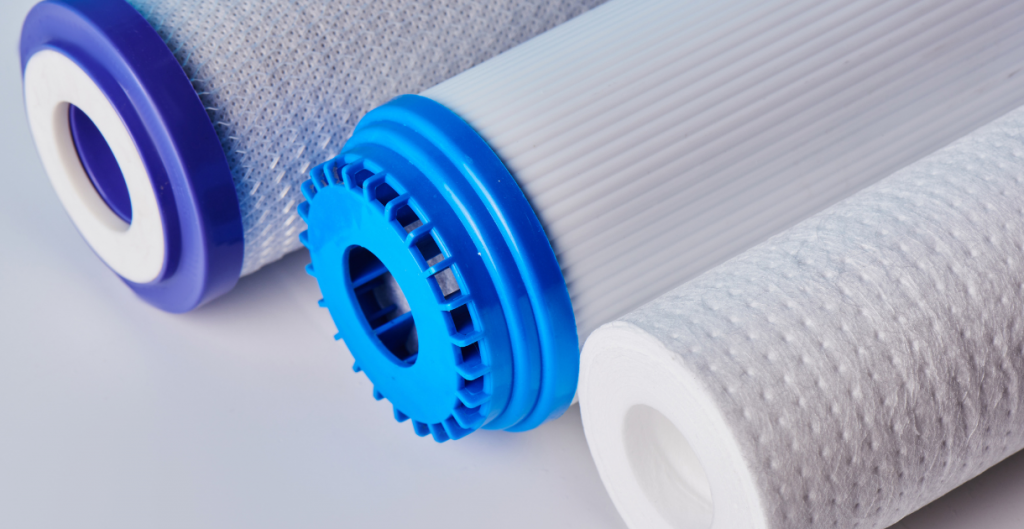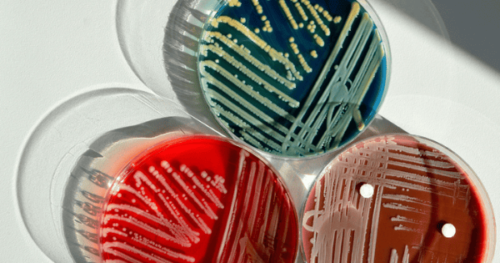Introduction:
In the vast realm of life science research, the ability to separate and purify samples is of utmost importance. Filtration serves as a fundamental technique that enables researchers to remove impurities, concentrate samples, and achieve precise separation. In this blog, we will explore the significance of filtration in life science research and its wide-ranging applications across various disciplines.
Understanding Filtration:
Filtration is a process that involves passing a mixture through a porous material, known as a filter, to separate the components based on their size or physical properties. It plays a crucial role in life science research, aiding in the purification and isolation of substances, removal of particulates, and preparation of samples for further analysis.
Sample Clarification and Particle Removal:
Filtration serves as a valuable tool for sample clarification and the removal of unwanted particles. By employing filters with specific pore sizes, researchers can effectively capture and retain particles or impurities while allowing the desired components to pass through. This is particularly essential in applications such as cell culture, where sterile and particle-free media are necessary for maintaining optimal conditions.
Sterile Filtration:
Sterile filtration is a vital technique employed in life science research to obtain sterile solutions free from microorganisms. By using filters with pore sizes that can retain bacteria, viruses, and other contaminants, researchers can achieve microbiological sterilization. Sterile filtration is crucial in various applications, including cell culture, media preparation, and pharmaceutical production.
Concentration and Purification:
Filtration enables the concentration and purification of samples by removing excess solvent or diluents. Through techniques such as ultrafiltration or diafiltration, researchers can selectively retain and concentrate macromolecules or nanoparticles of interest while eliminating smaller molecules or contaminants. This is particularly useful in protein purification, nanoparticle synthesis, and drug formulation.
Separation Techniques:
Filtration plays a vital role in various separation techniques employed in life science research. For instance, gel filtration chromatography utilizes porous beads as a matrix to separate molecules based on their size. By passing a sample through the gel filtration column, larger molecules elute quickly, while smaller molecules take longer to pass through, allowing for their separation.
Environmental Analysis:
Filtration finds extensive use in environmental analysis to assess water quality, air pollution, and soil contamination. It allows researchers to capture and analyze particulate matter, microorganisms, or pollutants, providing valuable insights into environmental health and potential hazards.
Sample Preparation:
Filtration is an essential step in sample preparation for many downstream analyses. It removes interfering substances or particulates that could affect the accuracy and sensitivity of subsequent assays or measurements. Whether it is removing cell debris in cell lysate preparation or filtering samples prior to analytical techniques such as HPLC or mass spectrometry, filtration ensures reliable results.
Conclusion:
Filtration plays a fundamental role in life science research, enabling sample clarification, particle removal, sterilization, concentration, purification, and separation. Its versatility and wide-ranging applications make it an indispensable technique across various disciplines. By harnessing the power of filtration, researchers can obtain purified samples, remove impurities, and ensure the accuracy and reliability of their experimental results, advancing scientific knowledge in the field of life sciences.
In the intricate world of life science research, filtration serves as a cornerstone technique, paving the way for precise analyses, reliable data, and breakthrough discoveries.
Website : https://www.gvs-lifesciences.my/



